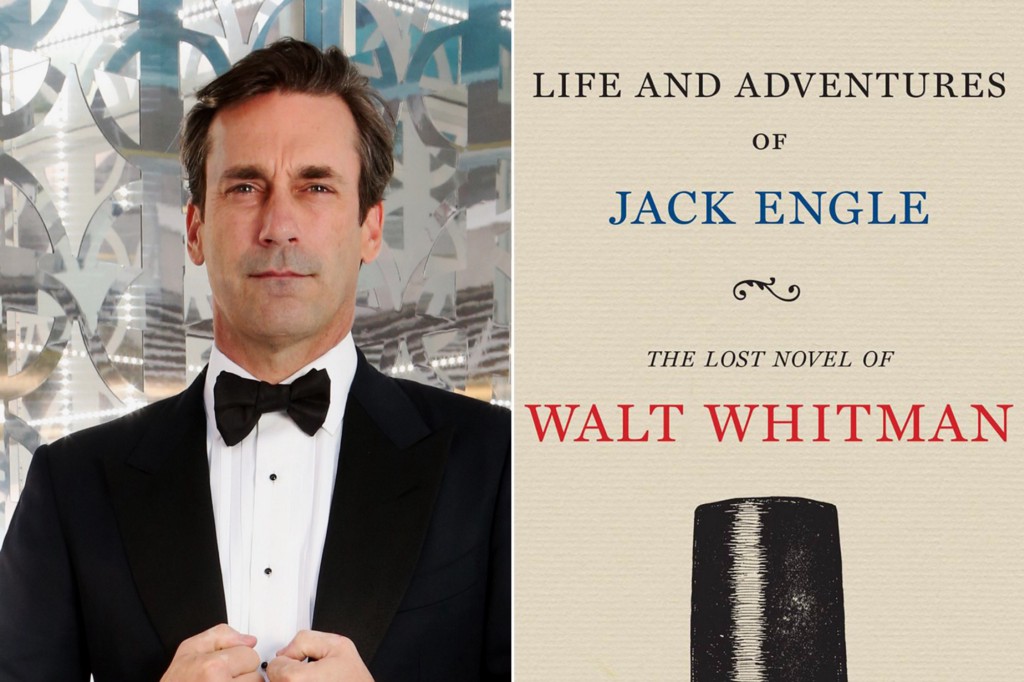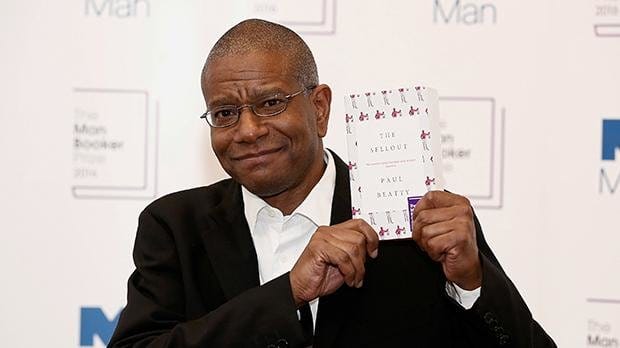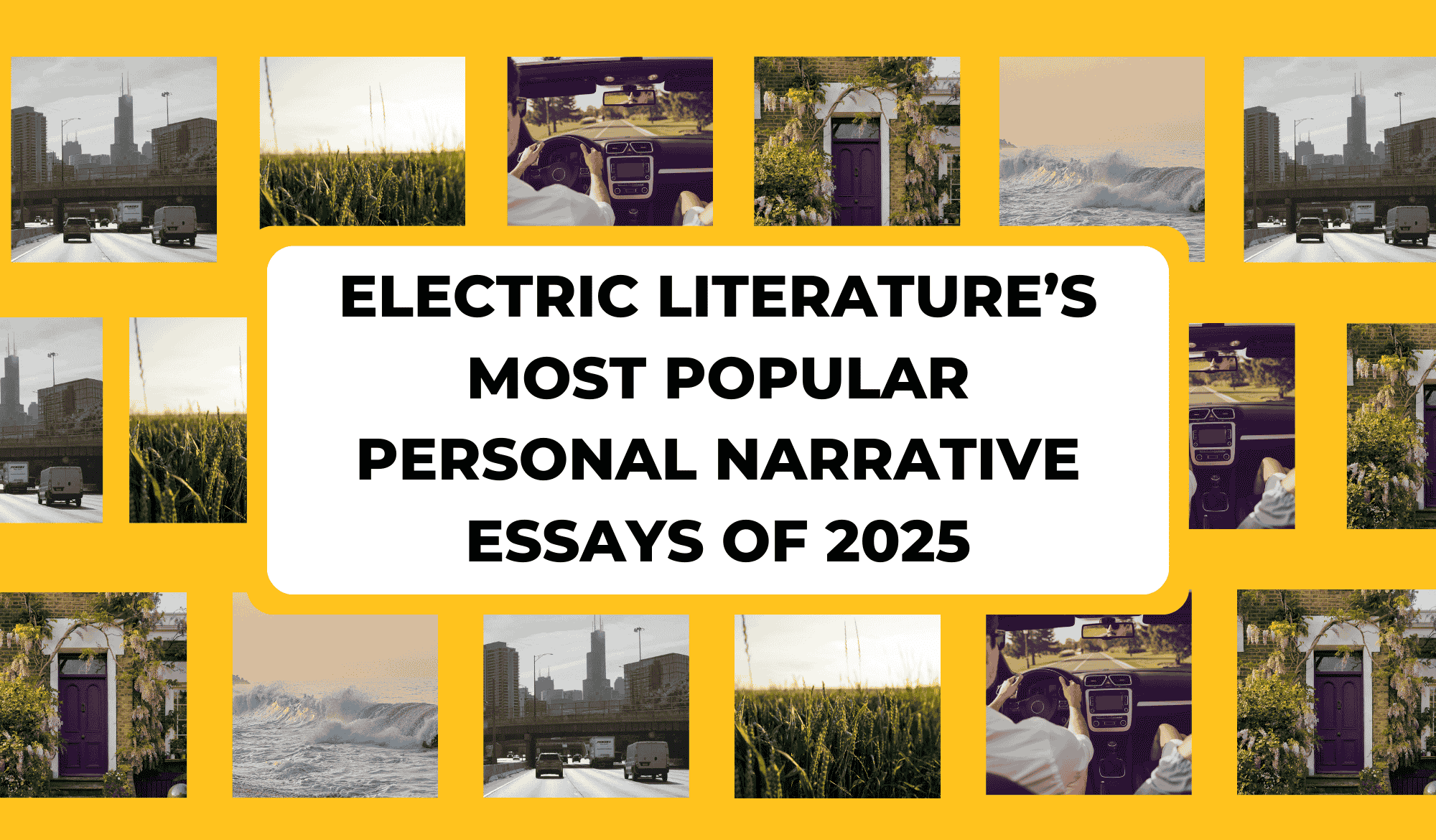news
An Icelandic Publishing House Burns Books Under the Full Moon

Electric Lit is just $4,000 away from our year-end fundraising goal of $35,000! We need to hit this target to get us through the rest of 2025, and balance the budget for 2026. Please give today! DONATE NOW.
And other news from the literary world on May 31, 2017
In a day marked by the weirdness of “covfefe,” the literary world provided it’s own smattering of strange news. To learn more about a new venture from PEN, Jon Hamm’s Walt Whitman audiobook, a troubling Paul Beatty interview at The Sydney Writers’ Festival, and a pyromaniacal Icelandic publishing house, read on!

Hear Don Draper’s baritone give voice to Walt Whitman’s long-lost novel
We’ve written before about the reemergence of Walt Whitman’s lost novel Life and Adventures of Jack Engle; however, now there is even more good news for the world’s most buzz-worthy mediocre debut — John Hamm has recorded the audio book. If you’re not already convinced you need Don Draper reading Walt Whitman in your life, check out this clip of the the Jack Engle audio book:
[The Washington Post/Katherine A. Powers]

An Icelandic publisher burns unsold books in cognac-fueled ritual
Icelandic publishing house Tunglið has, to put it mildly, a strange approach. The two man operation, helmed by writer Dagur Hjartarson and artist Ragnar Helgi Ólafsson, prints books only on the full moon, in batches of 69. But wait, there’s more! Customers, who cannot reserve copies in advance, must line up for the chance to buy books the night of their printing. That’s because Tunglið ritually burns all unsold books. There’s totally an intellectual framework, or something, surrounding this decision. It probably has to do with inherent ephemerality or performative scarcity or whatever. All I can think about is that the books are burned “with a lot of care and respect, using only first-grade French cognac to help to fuel the flames.” Sounds like the Situationists would approve.
[The Guardian/James Reith]

An ‘excruciating’ Paul Beatty interview puts the onus on white interviewers to do better
The Sydney Writers’ Festival included a problematic interview with author Paul Beatty. Conducted by white Radio National host Michael Cathcart, the talk focused on the overt racial themes in Beatty’s Booker Prize winning novel The Sellout. Cathcart began the proceedings by reading an excerpt from The Sellout that included the n-word, which he chose to pronounce in full. Cathcart later questioned, “Do you think that people become black? Do they have to learn what it means to be black?” The line of inquiry provoked an f-bomb from Beatty, who The Guardian described as seeming “unoffended and mostly in good humor.” “Ask yourself the fucking question, man …” Beatty responded, “just think about it for a fucking second. Did you learn to be white?” Many attendees took to Twitter to express exasperation with the festival for its choice of interviewers.
just witnessed great example of why white baby boomers shouldn’t host an interview w a black writer who mocks white liberal aggrandisement
[The Guardian/Steph Harmon]

PEN International launches Make Space, a campaign for displaced writers, with Salman Rushdie and Margaret Atwood
Make Space, a global campaign from PEN International that “will focus over the next three years on writers displaced through persecution and censorship,” has gained the support of some noteworthy authors. Salman Rushdie hailed the project as “a significant public stand against racism and xenophobia” from the literary community. With over 200 backers in the arts, including Margaret Atwood, Karl Ove Knausgaard, and Viet Thanh Nguyen, Make Space will use its funds to aid writers with asylum applications and provide emergency assistance, including help with safe passage, to artists fleeing their homelands.
[The Guardian/Danuta Kean]
To Denis Johnson, from One of the Weirdos








